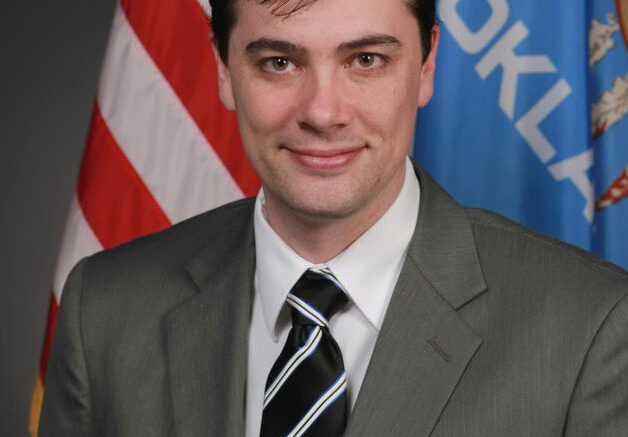The circumstances of Wednesday, May 22 brought me to the stark realization that two important concepts of reform have been abandoned by the Legislature.
For years I passionately believed in and did what I could to advance these two concepts:
1. All money paid to the state via motor vehicle taxes should be used to maintain and repair roads and bridges, and
2. The Legislature and the legislative process will progressively become transparent through a series of well-timed, systematic applications of new transparency proposals.
I have frequently praised the efforts and successes of those who have advanced us towards those goals.
On May 22, however, not only did the House of Representatives officially abandon the effort to commit motor vehicle funds to roads, they concluded yet another behind-closed-door budget process in the most non-transparent method that I can ever recall and in my belief signaled not only the end of progress towards the goals of legislative transparency but the continued unraveling of the same.
Here’s what happened:
As the legislative day neared lunch time, a leading House official took to the House floor and rapidly explained his motion to suspend an important legislative transparency rule.
He asked to suspend the rule which would have required a series of budget bills (including our 7.1 billion dollar general appropriations bill) to be made available to the public for 24 hours before receiving a vote.
24 hours isn’t a lot of transparency. It’s hardly enough for time for press to report to the public on the details of the budget. This gives the public the sparest of time in which to have their voices heard by their Representative prior to the vote.
Sparse though it may be, it is still better than nothing and it is absolutely unfathomable to me how policy makers can take away the right of the public to this smallest of purviews over the budget, the composition of which is the most important duty of the Legislature.
The suspension of the rule allowed a series of budget bills to come to the floor for a vote with no time for public review. Because of this suspension, the 7.1 billion dollar general appropriations bill came before the House for a vote on the exact same day it was finalized.
The legislation was literally placed on the House floor for consideration minutes after appearing on the House floor calendar.
I suspect that the number of House members who successfully read the entire 186 section, 95 page bill could be counted on one hand. Those of us who did attempt this feat placed ourselves at risk of not being able to read the other budget bills which were emerging at the same time also with little opportunity for public and legislative purview.
So, what logical argument could be used to justify this unprecedented abandonment of transparency?
Legislators were told that this suspension would allow them to avoid having to come into work on Saturday. Had the rule stayed in place, the appropriations bill would have been held over for public review throughout the latter half of Wednesday and the first part of Thursday. This delay would have required the legislators to keep working until Saturday or they would have been forced to come back to work the next week.
The motion to suspend transparency seemed designed to put legislators in the position of choosing between two contrasting priorities: they could avoid working on the weekend, or they could preserve the right of the public to review the 7.1 billion dollar state budget.
Unfortunately, by the slimmest of possible margins, the House chose to avoid coming into work for one more day.
More on this next week.




Who was this “leading House official”? Guess I should be more diligent in keeping up on the news.